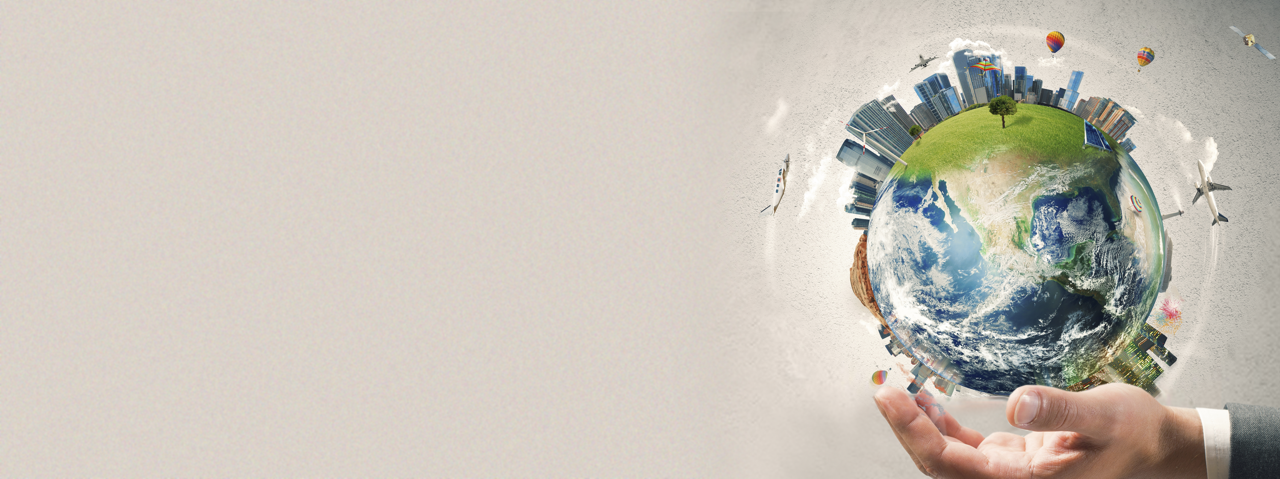WORLD TRANSLATION CENTER IST EIN FÜHRENDER ANBIETER VON SPRACHÜBERSETZUNGEN UND SPRACHAUFNAHMEN DURCH PROFIS ÜBERALL AUF DER WELT.
Articles and Stories
Expressions from WWI
WWI was 100 years ago, but many of the terms coined at the time are still in use today. Most of these terms are anglicized versions of expressions from French, German and Hindi or Urdu.
One such expression, “toot sweet” is an anglicized form of “tout de suite”, French for “right away”. This then became “the tooter the sweeter” or “the sooner the better”.
From the Germans came “strafe” which, in its anglicized form, has come to mean to attack repeatedly with machine gun fire from low flying aircraft. Its original German meaning is to punish and the phrase “Gott strafe England!” was widely used in German propaganda during the war.
Ever sit on a cushy couch? Or had a cushy job? Deriving from the Urdu word kusi in the 19th Century, it spread to civilian use during WWI. It first meant a wound that was not serious enough to get you sent home permanently, but which would usually buy some time away from the trenches. Now, of course, it means comfortable, easy.
Here are a couple more words that came out of the War.
Camouflage: First World War: from French, from camoufler ‘to disguise’ (originally thieves’ slang), from Italian camuffare ‘disguise, deceive’, perhaps by association with French camouflet ‘whiff of smoke in the face’.
Blighty: First used by soldiers in the Indian army; Anglo-Indian alteration of Urdu bilāyatī, wilāyatī ‘foreign, European’, from Arabic wilāyat, wilāya ‘dominion, district’. A wound suffered by a soldier in the First World War which was sufficiently serious to merit being shipped home to Britain and then simply Britain, England.







